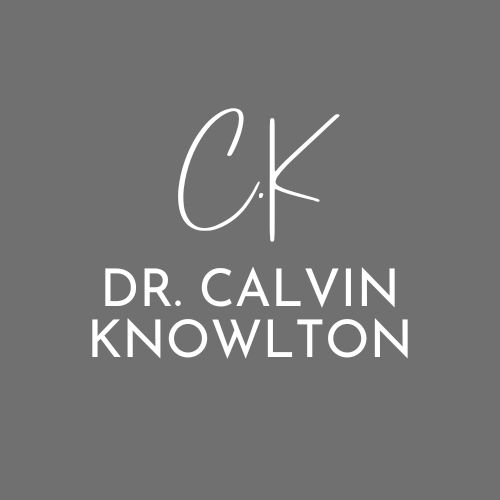Pharmacists are crucial in healthcare, serving as a bridge between patients and medications. Professionals face a myriad of ethical dilemmas and legal obligations that require careful navigation to ensure the well-being of patients while adhering to legal frameworks. Today we explore some common ethical dilemmas pharmacists face and discuss how they can effectively balance their ethical responsibilities with legal obligations.
Patient Autonomy versus Beneficence:
One of the fundamental ethical principles in healthcare is respect for patient autonomy. Patients have the right to make educated decisions about their healthcare, including their medications. However, pharmacists also must promote patient well-being and prevent harm. This creates a potential conflict when a pharmacist believes a prescribed medication may be outside the patient’s best interest. In such cases, open communication with the prescriber and the patient becomes essential to resolve the dilemma, ensuring their autonomy is respected while advocating for their overall health and safety.
Confidentiality and Privacy:
Pharmacists are privy to sensitive patient information, including medication histories, allergies, and health conditions. Maintaining patient confidentiality is an ethical obligation and a legal requirement. However, there may be instances where sharing patient information with other healthcare providers or third parties is necessary for the patient’s best interest, such as when rectifying a medication error. Striking a balance between confidentiality and patient safety can be challenging, but pharmacists must carefully weigh the potential benefits and risks before disclosing confidential information.
Dispensing Controlled Substances:
Pharmacists often face ethical and legal challenges when dispensing controlled substances like opioids. Struggling between relieving pain and preventing drug abuse can be daunting. Ethical guidelines recommend pharmacists exercise caution by verifying prescriptions, detecting potential abuse patterns, and offering counseling on the safe use of these medications. Complying with legal requirements, such as maintaining accurate records and reporting suspicious activities, is crucial to prevent drug diversion and protect public health.
Off-Label Use of Medications:
Prescribing medications for uses not approved by regulatory authorities, commonly known as off-label use, is a complex ethical dilemma. Pharmacists may encounter situations where they question the appropriateness or safety of off-label use. In such cases, they have an ethical obligation to engage in open dialogue with healthcare providers, ensuring the rationale behind the decision and monitoring patients closely for potential adverse effects. Collaboration with the healthcare team helps balance ethical concerns with legal obligations, ultimately benefiting patient care.
Personal Moral and Religious Beliefs:
Like any other professionals, pharmacists may have personal moral or religious beliefs that conflict with certain aspects of pharmacy practice, such as dispensing contraceptives or participating in end-of-life decisions. While professionals are entitled to their personal opinions, they must balance their rights with the ethical responsibility to provide care without discrimination. Seeking solutions that respect patients’ autonomy and ensuring access to alternative sources of care can help pharmacists navigate these ethical dilemmas while upholding patient-centered care.
Navigating ethical dilemmas and legal obligations in pharmacy requires a delicate balance between patient autonomy, beneficence, and adherence to regulatory frameworks. Pharmacists play a vital role in advocating for patient well-being while respecting their autonomy and privacy. By engaging in open communication, collaborating with healthcare providers, and seeking alternative solutions when necessary, pharmacists can successfully navigate the complexities of ethical dilemmas while meeting their legal obligations. Ultimately, this commitment to ethical practice ensures safe, effective, and patient-centered care in the ever-evolving pharmacy landscape.

